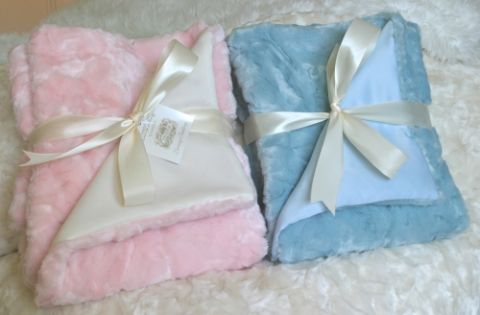 The Gay Uncle recently read about a very interesting solution to the question of gender identity. A Swedish couple has decided not to tell anyone whether their kid–who they call Pop–is a boy or a girl. This is meant to free the child from the social construct and stereotypes associated with the male/female dichotomy, something the Gay Uncle has written about rather extensively in the past. He thinks this is kind of an interesting experiment, in the same way as raising a child without anything to play with, or only feeding them Ensure might be “interesting”. In other words, it’s a dorky stunt. First off, gender development–like food–is not something you can wholly insulate a child from, nor does it seem particularly wise to do so. Kids, like the rest of us, live in society, and while our rules about boys and girls may be fucked up, its more germane to give them tools to question these ideas than try to bury their heads (and private parts) in the sand . Second, while “society” is one of the big influencers on how kids understand gender, other important sources come into play, namely family; and since Pop’s parents and a few others do know what’s going on inside the diaper, Gunc finds it hard to believe that some of this won’t seep through, rendering the experiment somewhat futile. Third, whenever we create something totally illicit and secretive with young kids, it forms a correlative and greater interest in that very thing, so while these Swedes might think they can keep this from Pop and its peers, a countervailing force–Pop itself–will likely exert some other form of influence, and soon. And finally, gender development isn’t something that ends at age three or four, when Pop will likely be released from the experimentally controlling situation of its family and into the social world of school where folks are bound to find out what’s up down there. Then what?
The Gay Uncle recently read about a very interesting solution to the question of gender identity. A Swedish couple has decided not to tell anyone whether their kid–who they call Pop–is a boy or a girl. This is meant to free the child from the social construct and stereotypes associated with the male/female dichotomy, something the Gay Uncle has written about rather extensively in the past. He thinks this is kind of an interesting experiment, in the same way as raising a child without anything to play with, or only feeding them Ensure might be “interesting”. In other words, it’s a dorky stunt. First off, gender development–like food–is not something you can wholly insulate a child from, nor does it seem particularly wise to do so. Kids, like the rest of us, live in society, and while our rules about boys and girls may be fucked up, its more germane to give them tools to question these ideas than try to bury their heads (and private parts) in the sand . Second, while “society” is one of the big influencers on how kids understand gender, other important sources come into play, namely family; and since Pop’s parents and a few others do know what’s going on inside the diaper, Gunc finds it hard to believe that some of this won’t seep through, rendering the experiment somewhat futile. Third, whenever we create something totally illicit and secretive with young kids, it forms a correlative and greater interest in that very thing, so while these Swedes might think they can keep this from Pop and its peers, a countervailing force–Pop itself–will likely exert some other form of influence, and soon. And finally, gender development isn’t something that ends at age three or four, when Pop will likely be released from the experimentally controlling situation of its family and into the social world of school where folks are bound to find out what’s up down there. Then what?
The Gay Uncle suggests that if you would like to conduct an “experiment” about something like this, you use a subject other than a living, functioning, human child. Maybe an art installation would be a better solution?
There was a short story along the same line in Ms. magazine about 40 years ago.
I loved it.
When I had my baby shower someone asked me if I was going to have a girl or a boy and when I said I did not know–“How am I supposed to know what to buy?” was the reaction.
Baby clothes are so over-genderized. You have to work hard to avoid it. How stupid is that?
I work hard finding non-gendered baby gifts. And how odd that it’s the first question people ask when they hear of a baby being born. Why not–How’s the baby? How’s the mom?